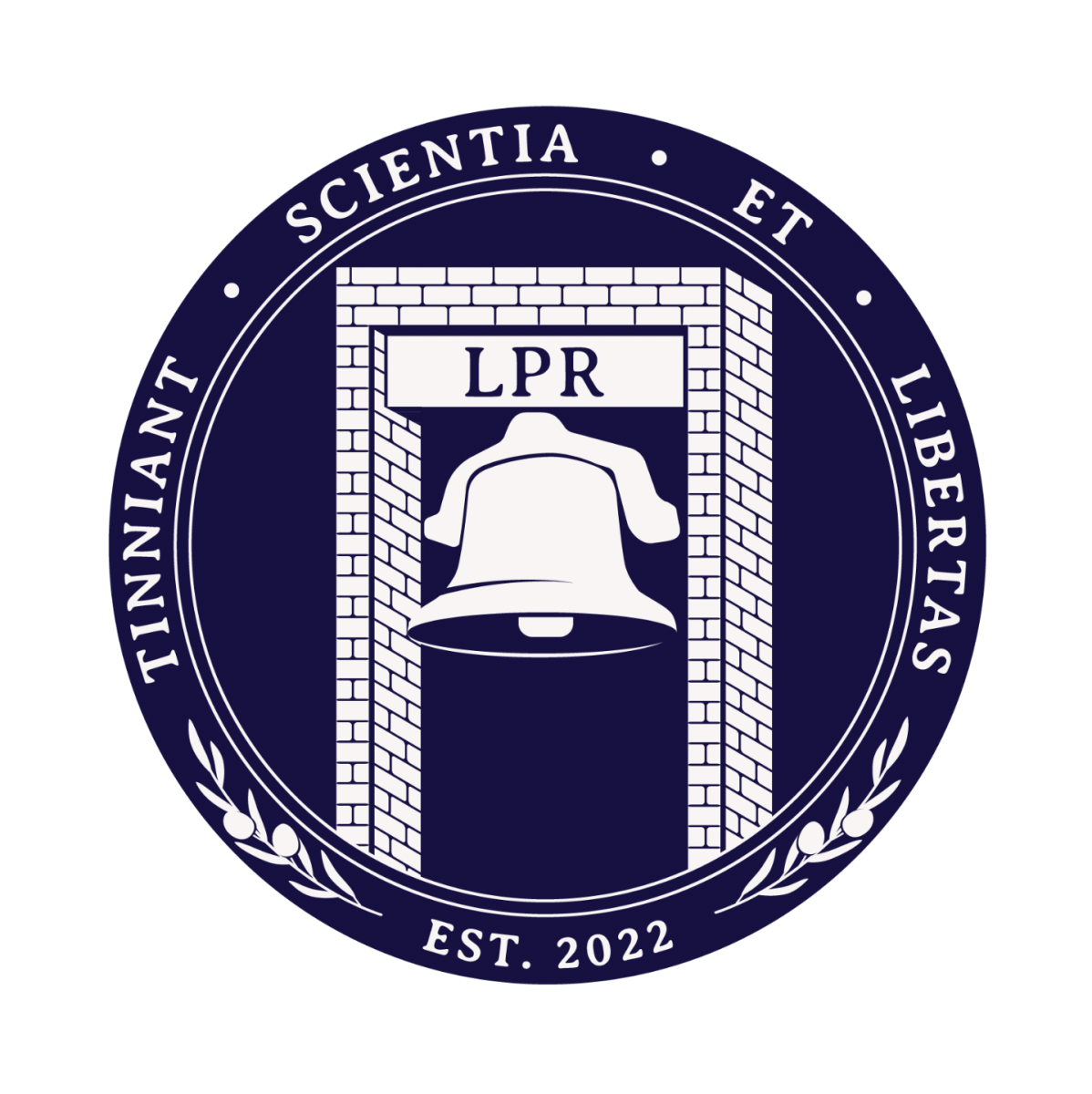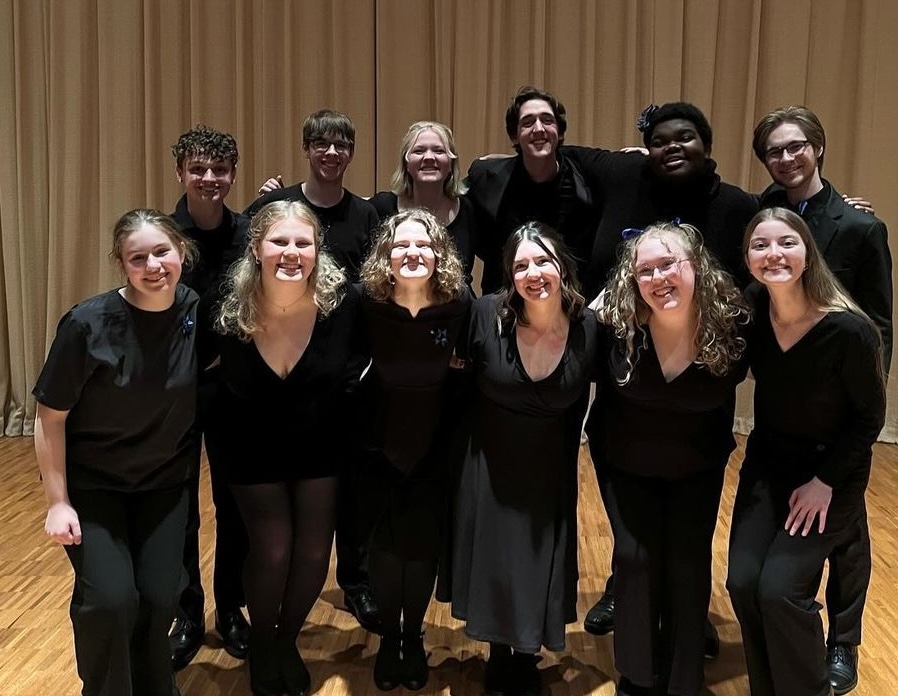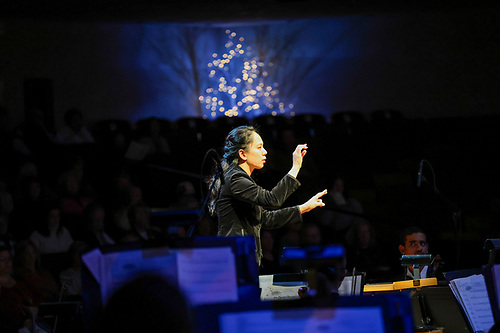In the midst of Luther College’s familiar campus, a group of enthusiastic students are making waves in the field of political discussion and debate. The Luther College Political Review Club, often seen around campus as “Luther Political Review”, is a pragmatic first-of-its-kind publication that encourages academic achievement in political studies.
The “LPR”, as the publication is abbreviated, was established with the objective of providing students with a platform to publish their articles in academic journals, particularly in the field of political science. The current executive board of the Political Review includes Executive Editor Keaton M. Wenz (’24), Vice-Executive Editor Sophie Bierlein (’24), Secretary Sidney Miller (’24) and Editor Mia Suzuki (’24).
“Along with the other founding members of the Political Review, it seemed that there was a gap to be filled at Luther in terms of options for students to have their work published in an academic journal focused on political works,” Wenz said. “For myself, providing the opportunity for others to have that experience on campus was one of the big inspirations.”
Since its launch last year, the Review has produced essays on “The Racial Contract,” a book by Charles W. Mills that argues white supremacy has functioned historically and conceptually as an unchallenged political system, influencing social contract tradition in the process. These writings have provided readers with a thorough examination of this concept, and Wenz appreciates Luther students’ engagement in critical analysis.
“Seeing the thoughts of some of Luther’s bright thinkers analyze Mills’ ideas and synthesize their own was a very fascinating experience from an editorial point of view,” Wenz said. “It is exactly what I hope to continue to facilitate more of at Luther through the Political Review.”
The current submissions for review range from Latin American politics to debates about Europe’s energy dependence. Any undergraduate student is welcome to submit political studies papers for consideration. A driving principle of the publication is non-partisanship; Bierlein pointed out that the LPR has made a strong effort to emphasize its nonpartisanship in an attempt to promote student engagement.
“Strong partisan affiliations, while not a negative thing, sometimes lead to conflict rather than constructive conversation,” Bierlein said. “LPR acting as a non-partisan organization provides a space for students to access information without fear of partisanship limiting their ability to learn and engage.”
The next goal for the publication is to get more people involved. The Executive Board wants the Luther Political Review to serve as a facilitator for on-campus debates about key political problems, to hold events during election seasons, and to become a respected publisher of political works for students and community members. Wenz specifically hopes that younger students will take an interest by either submitting work or joining the editorial board.
“We are hoping to have a strong team of hungry editors by the end of the year to pass the organization off to when our current executive board graduates at the end of the year,” Wenz said. “Just making something from nothing always takes a lot of work, but in our first year we have put together a website that we are very proud of, established strict guidelines for an ethical double-blind peer review process, and managed to fully publish an entire essay set.”
Bierlein echoed Wenz’s ideas, hoping to encourage students to join LPR with “an open mind.”
“While the idea of being in a ‘political’ organization can be daunting, it is extremely rewarding to see student excitement when their hard work is published for others to read and learn from,” Bierlein said.
The Luther Political Review is continuously accepting submissions for evaluation and publishing. More information on the Luther Political Review, as well as their published work “Essays on the Racial Contract” can be found online at lutherpoliticalreview.org.






